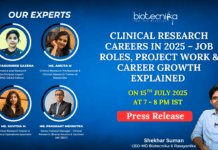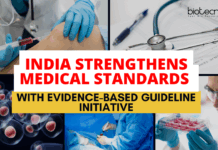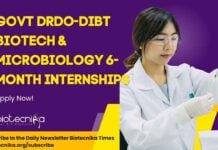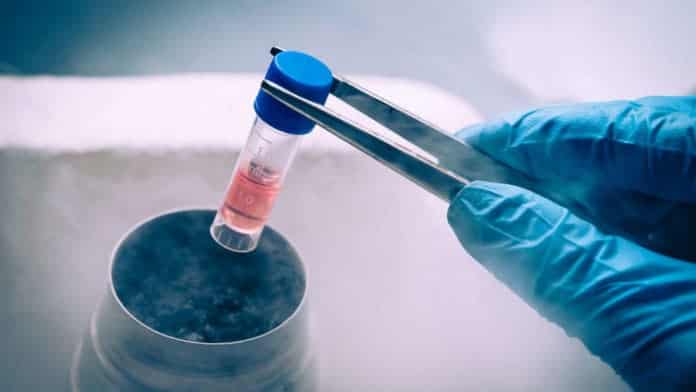World’s First Revolutionary iPS Cells Trial to Treat Heart Diseases
Japanese medical researchers have now gained approval to treat patients with coronary disease via an exceptional stem cell procedure. The technique is known as induced pluripotent stem cells (iPS) cells stems cells made by causing cells of body tissues like skin cells to revert to an embryonic-like state.
Japan’s health ministry today enables doctors to apply this exceptional iPS clinic and use it to cardiovascular health. The group is directed by cardiac surgeon Yoshiki Sawa in Osaka University, and it expects to save lives by employing iPS as opposed to other practices.
“It will excite worldwide attention, as many groups are working in the same direction,” says Thomas Eschenhagen, a pharmacologist at the University of Hamburg in Germany and chair of the German Centre for Cardiovascular Research.
The therapy will be awarded to three individuals over the oncoming year. The group will then seek approval to conduct a clinical trial in about ten patients. In their procedure, Sawa and team intend to use iPS cells to make a sheet of 100 million heart-muscle cells.
From research in cows, the group has proven that grafting the sheets of cells each 0.1 millimetres thick and 4 centimetres long — on a center may enhance the organ’s function. Sawa claims that the cells don’t appear to be incorporated in the heart tissue. He believes that rather they release growth factors which help regenerate the damaged muscle.
Scientists say one benefit of these sheets is they produce their very own mobile matrix, and may preserve their construction with no need for scaffolding generated from foreign substances, a characteristic of another cells that are engineered.
“It is a very elegant and clever way to deliver cells,” says Philippe Menasché, a cardiac surgeon at the Georges Pompidou European Hospital in Paris, who has also experimented with making tissue sheets.
Pharmacologist Wolfram-Hubertus Zimmermann in the University Medical Centre Göttingen in Germany, who’s also developing an iPS remedy for cardiovascular disease, states that the newest upgrade is based on work performed by Sawa along with other coworkers in Japan within the past 15 decades.
After Sawa’s group has treated its own three sufferers, they are going to apply to perform a clinical trial involving a further seven to ten individuals. If the treatment proves to be secure, and shows a few signs of functioning, it may qualify for sale under the accelerated system.
This permits investigators to skip costly large-scale clinical trials directed at demonstrating efficacy, and rather to utilize little pilot trials to demonstrate that the treatment is safe and shows a sign of efficiency.






























